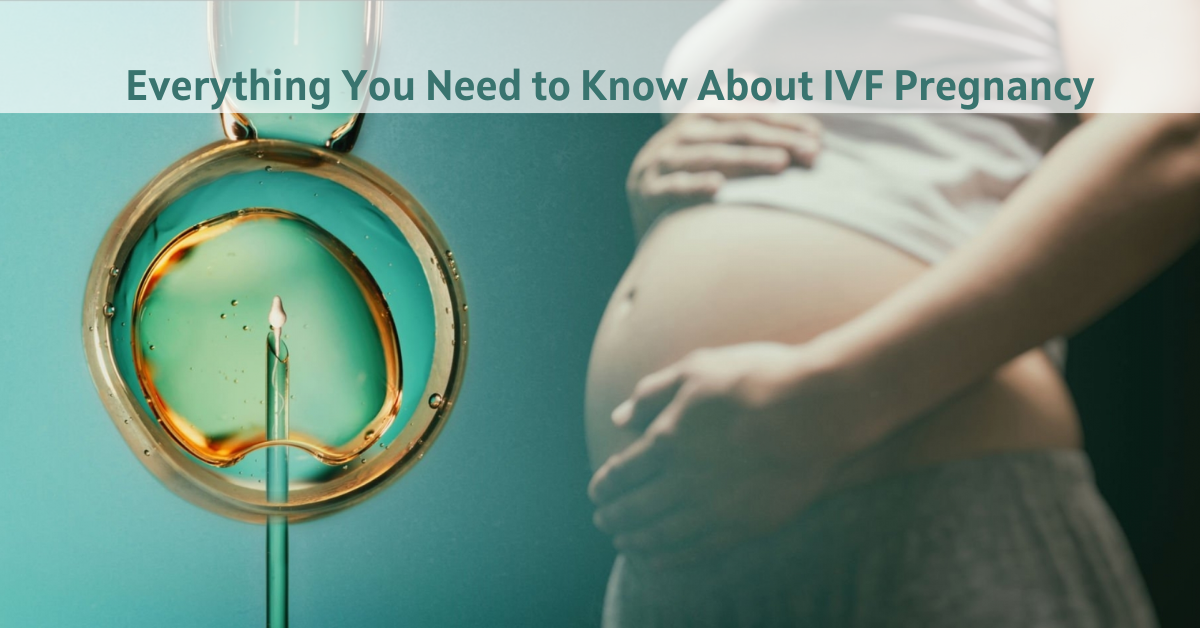10 Foods to Avoid After Embryo Transfer
Embryo transfer is a crucial stage in the journey of fertility treatment. It's a delicate process that requires careful attention to various factors, including dietary choices. What you eat can significantly impact the success of embryo implantation and ultimately the outcome of the procedure. Here, we'll discuss ten foods to avoid after embryo transfer and offer alternatives to support a healthy pregnancy.
Introduction
Embryo transfer marks a pivotal moment in assisted reproductive technology, where embryos are transferred into the uterus with the hope of achieving pregnancy. While medical interventions play a vital role, lifestyle factors, including diet, can influence the process. After embryo transfer, it's essential to be mindful of what you eat to optimize the chances of successful implantation.
Why Avoid Certain Foods?
The period following embryo transfer is critical for embryo implantation. Certain foods can negatively impact this process due to their effects on hormone levels, inflammation, and overall uterine environment. By avoiding these foods, you can create a more favorable condition for implantation and early embryo development.
List of Foods to Avoid
- Dairy products high in fat: Full-fat dairy products can increase inflammation in the body, potentially interfering with implantation. Opt for low-fat or dairy alternatives like almond or coconut milk.
- Caffeine: High caffeine intake has been linked to decreased fertility and increased risk of miscarriage. Limit your caffeine consumption or switch to decaffeinated options.
- Alcohol: Alcohol consumption during the embryo transfer process can impair embryo implantation and increase the risk of pregnancy complications. It's preferable to completely avoid drinking alcohol.
- Raw or undercooked fish: Raw or undercooked fish may contain harmful bacteria and parasites that could pose a risk to pregnancy. Choose cooked fish options to reduce the risk of foodborne illnesses.
- High-mercury fish: Certain fish, such as swordfish and king mackerel, are high in mercury, which can be harmful to the developing fetus. Avoid these fish and instead choose low-mercury alternatives such as salmon or shrimp.
- Deli meats and unpasteurized dairy: Deli meats and unpasteurized dairy products can harbor harmful bacteria like listeria, which can lead to foodborne illness and pose a risk to pregnancy. Choose cooked meats and pasteurized dairy products instead.
- Sugary foods and beverages: Excessive sugar intake can lead to inflammation and insulin resistance, potentially affecting fertility and pregnancy outcomes. Opt for natural sweeteners like honey or maple syrup and limit your intake of processed foods.
- Soy products: Soy contains phytoestrogens, which may interfere with hormone levels and reproductive function. While small amounts of soy are generally safe, it's best to consume in moderation.
- Excessive salt intake: High salt intake can lead to fluid retention and increased blood pressure, which may negatively impact fertility and pregnancy. Select low-sodium substitutes and refrain from seasoning your food with additional salt.
- Unwashed fruits and vegetables: Consuming unwashed fruits and vegetables can expose you to harmful bacteria and pesticides, potentially affecting pregnancy outcomes. Thoroughly wash produce before consumption to reduce the risk of contamination.
Healthy Alternatives
Instead of the aforementioned foods, consider incorporating the following alternatives into your diet:
- Nutrient-rich foods: Focus on whole foods rich in essential nutrients like vitamins, minerals, and antioxidants to support reproductive health and pregnancy.
- Hydration with water: Stay hydrated with water throughout the day to support overall health and optimal fertility.
- Herbal teas: Enjoy herbal teas like peppermint or chamomile as a soothing alternative to caffeinated beverages.
- Lean proteins: Choose lean protein sources such as poultry, fish, tofu, or legumes to meet your protein needs without excess saturated fat.
- Whole grains: Opt for whole grains like quinoa, brown rice, and oats to provide sustained energy and essential nutrients.
- Fruits and vegetables: Incorporate a variety of colorful fruits and vegetables into your meals to ensure a diverse array of vitamins, minerals, and antioxidants.
Dietary Tips for Success
To support your fertility journey and optimize the chances of a successful pregnancy post-embryo transfer, consider the following dietary tips:
- Importance of balanced nutrition: Focus on eating a balanced diet consisting of a variety of nutrient-dense foods to support overall health and fertility.
- Meal planning and preparation: Plan and prepare meals ahead of time to ensure you have healthy options readily available and avoid relying on processed or unhealthy foods.
- Consulting with a nutritionist: Consider consulting with a Fertility Spcialist in Sri Lanka or a nutritionist who can provide personalized dietary recommendations and support throughout your journey.
Conclusion
The foods you consume after embryo transfer can significantly impact the success of the procedure and the health of your pregnancy. By avoiding certain foods known to negatively affect fertility and pregnancy outcomes and opting for healthier alternatives, you can create an optimal environment for embryo implantation and support early embryo development.



Comments
Post a Comment